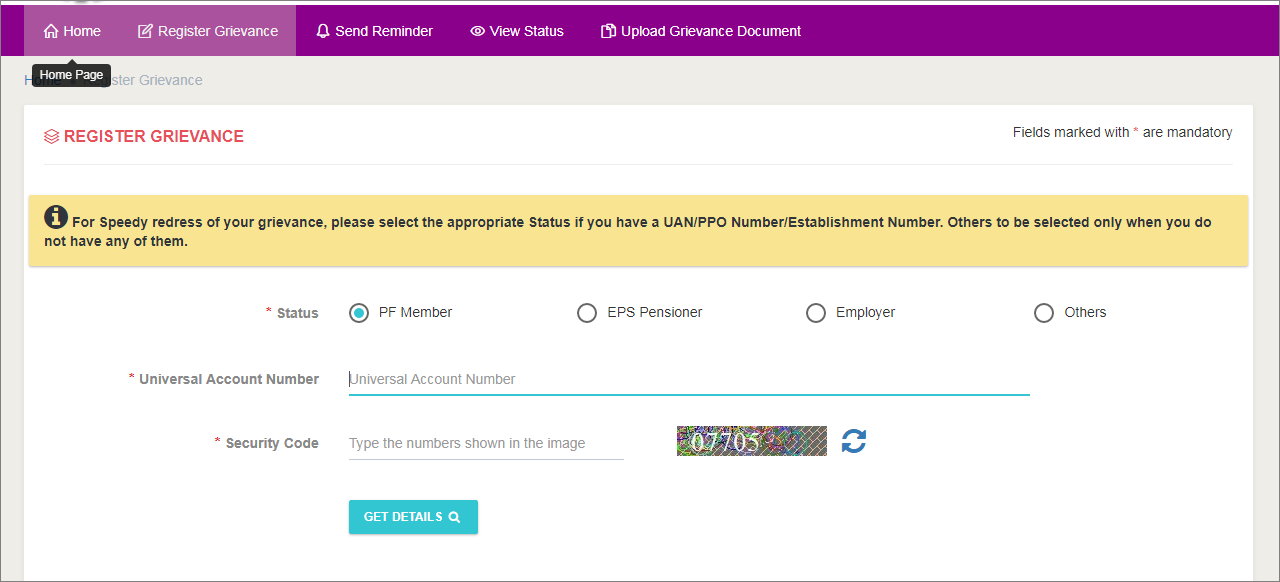--UTL_FILE Example Using Cursor
--Create .csv or .txt file on usr/tmp/ path by UTL_FILE package
--select * from v$parameter where name like 'utl%' --Get utl directory path from
CREATE OR REPLACE PROCEDURE xx_utl_txt_file_crt_p
( p_errbuf OUT VARCHAR2,
p_retcode OUT NUMBER ) IS
v_file_handle UTL_FILE.FILE_TYPE;
CURSOR c_persons IS
select papf.person_id,papf.EMPLOYEE_NUMBER,papf.FULL_NAME from per_all_people_f papf
where rownum <100
ORDER BY 1;
BEGIN
v_file_handle := UTL_FILE.FOPEN('/usr/tmp','MY_UTL_PERSONS.txt', 'W');--txt
--v_file_handle := UTL_FILE.FOPEN('/usr/tmp','MY_UTL_PERSONS.csv', 'W');--CSV
UTL_FILE.PUT_LINE(v_file_handle,'PersonID'||'|'||
'EMP_NO'||'|'||
'EMP_Full_NAME' --column names
);
FOR c_rec IN c_persons LOOP
UTL_FILE.PUT_LINE(v_file_handle,c_rec.person_id||'|'||
c_rec.EMPLOYEE_NUMBER||'|'||
c_rec.FULL_NAME
);
END LOOP;
UTL_FILE.PUT_LINE(v_file_handle,'END OF Extraction');
UTL_FILE.FCLOSE(v_file_handle);
COMMIT;
/* Handle UTL_FILE exceptions Starts */
EXCEPTION
WHEN UTL_FILE.INVALID_OPERATION THEN
utl_file.fclose_all;
dbms_output.put_line(' invalid operation');
WHEN UTL_FILE.INVALID_FILEHANDLE THEN
utl_file.fclose_all;
dbms_output.put_line(' invalid filehandle');
WHEN UTL_FILE.INVALID_PATH THEN
utl_file.fclose_all;
dbms_output.put_line(' invalid path');
WHEN UTL_FILE.INTERNAL_ERROR THEN
utl_file.fclose_all;
dbms_output.put_line(' internal error');
WHEN UTL_FILE.INVALID_MODE THEN
utl_file.fclose_all;
dbms_output.put_line(' invalid mode');
WHEN UTL_FILE.WRITE_ERROR THEN
utl_file.fclose_all;
dbms_output.put_line(' write error');
WHEN UTL_FILE.READ_ERROR THEN
utl_file.fclose_all;
dbms_output.put_line(' read error');
WHEN OTHERS THEN
utl_file.fclose_all;
dbms_output.put_line('other exception');
/* Handle UTL_FILE exceptions Ends */
END xx_utl_txt_file_crt_p;
--- **The file will create on database tire.
--Create .csv or .txt file on usr/tmp/ path by UTL_FILE package
--select * from v$parameter where name like 'utl%' --Get utl directory path from
CREATE OR REPLACE PROCEDURE xx_utl_txt_file_crt_p
( p_errbuf OUT VARCHAR2,
p_retcode OUT NUMBER ) IS
v_file_handle UTL_FILE.FILE_TYPE;
CURSOR c_persons IS
select papf.person_id,papf.EMPLOYEE_NUMBER,papf.FULL_NAME from per_all_people_f papf
where rownum <100
ORDER BY 1;
BEGIN
v_file_handle := UTL_FILE.FOPEN('/usr/tmp','MY_UTL_PERSONS.txt', 'W');--txt
--v_file_handle := UTL_FILE.FOPEN('/usr/tmp','MY_UTL_PERSONS.csv', 'W');--CSV
UTL_FILE.PUT_LINE(v_file_handle,'PersonID'||'|'||
'EMP_NO'||'|'||
'EMP_Full_NAME' --column names
);
FOR c_rec IN c_persons LOOP
UTL_FILE.PUT_LINE(v_file_handle,c_rec.person_id||'|'||
c_rec.EMPLOYEE_NUMBER||'|'||
c_rec.FULL_NAME
);
END LOOP;
UTL_FILE.PUT_LINE(v_file_handle,'END OF Extraction');
UTL_FILE.FCLOSE(v_file_handle);
COMMIT;
/* Handle UTL_FILE exceptions Starts */
EXCEPTION
WHEN UTL_FILE.INVALID_OPERATION THEN
utl_file.fclose_all;
dbms_output.put_line(' invalid operation');
WHEN UTL_FILE.INVALID_FILEHANDLE THEN
utl_file.fclose_all;
dbms_output.put_line(' invalid filehandle');
WHEN UTL_FILE.INVALID_PATH THEN
utl_file.fclose_all;
dbms_output.put_line(' invalid path');
WHEN UTL_FILE.INTERNAL_ERROR THEN
utl_file.fclose_all;
dbms_output.put_line(' internal error');
WHEN UTL_FILE.INVALID_MODE THEN
utl_file.fclose_all;
dbms_output.put_line(' invalid mode');
WHEN UTL_FILE.WRITE_ERROR THEN
utl_file.fclose_all;
dbms_output.put_line(' write error');
WHEN UTL_FILE.READ_ERROR THEN
utl_file.fclose_all;
dbms_output.put_line(' read error');
WHEN OTHERS THEN
utl_file.fclose_all;
dbms_output.put_line('other exception');
/* Handle UTL_FILE exceptions Ends */
END xx_utl_txt_file_crt_p;
--- **The file will create on database tire.















